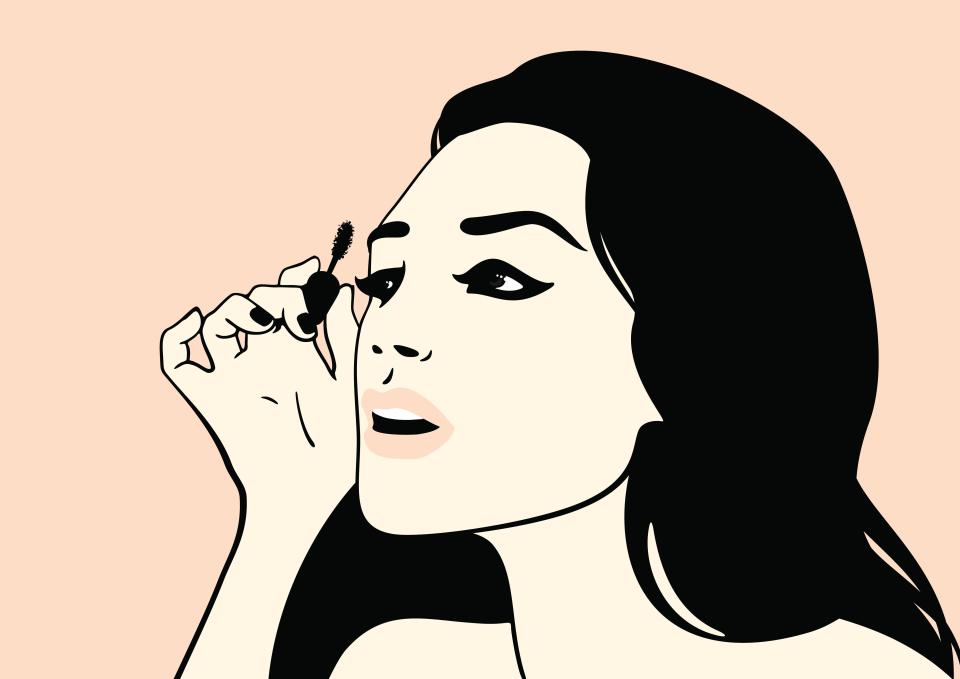Should You Be Using Clean Mascara? Experts Weigh In.
The clean beauty movement is a no-brainer. Greenwashing aside (the practice of brands using clean buzzwords to seem more sustainable than they are), it’s pretty clear that clean products are better for the planet and better for our bodies.
Mascara is one of the trickier products to do well without using synthetic and chemical materials. So, is it really that important? Should we be going out of our way to find a natural product that works for us?
In short, yes. Many people who seek out natural products do so because of skin sensitivity, and there is no more sensitive part of the face than the eye.
“Eyelids are very thin, delicate, mucosal surfaces that are prone to irritants and allergic contact dermatitis,” Angela Lamb, associate professor of dermatology at Manhattan’s Icahn School of Medicine at Mount Sinai, told HuffPost. “So any product with a smaller ingredient list, especially if it’s been cleared by the Environmental Working Group, the gold standard for clean beauty, they’re better.” Lamb said there is potential for eczema or an allergic reaction from non-natural mascaras.

Lamb favors the Beautycounter brand and recommends its lengthening and volumizing mascaras to patients. If the skin continues to have a reaction even using a natural product, she recommends a patch test.
“It’s a specific test given by a doctor that’s different than a standard allergy test for things like mold and dust,” she said. “This tests things you’re actually allergic to in products.”
Daniel Laroche, director of glaucoma services and president of Advanced Eye Care of New York, isn’t a fan of mascara in general. Though he acknowledges the benefit of using a natural mascara void of chemicals that can be toxic to the follicles, mascara of all kinds can cause issues.
“It can build up at the base, which you can see under a microscope but not necessarily with your naked eye,” he said. “That can create a reservoir for bacteria and...

 Yahoo Lifestyle
Yahoo Lifestyle 

